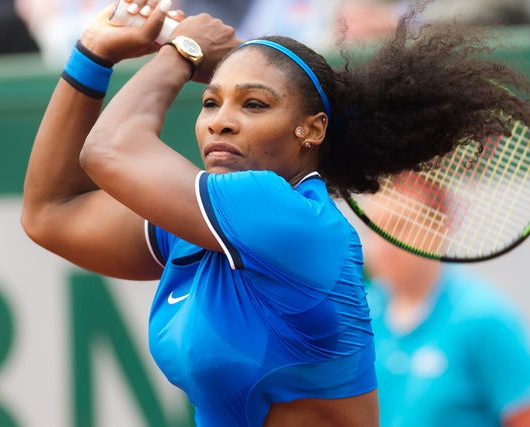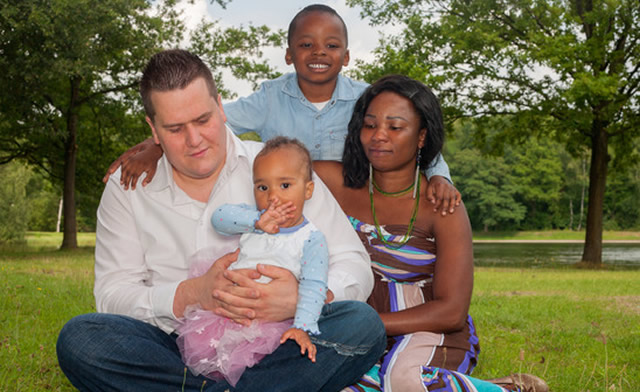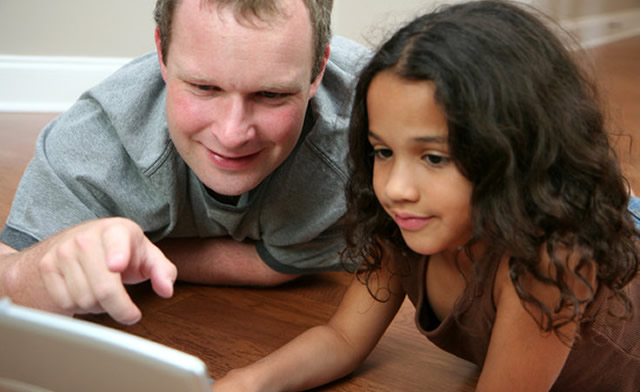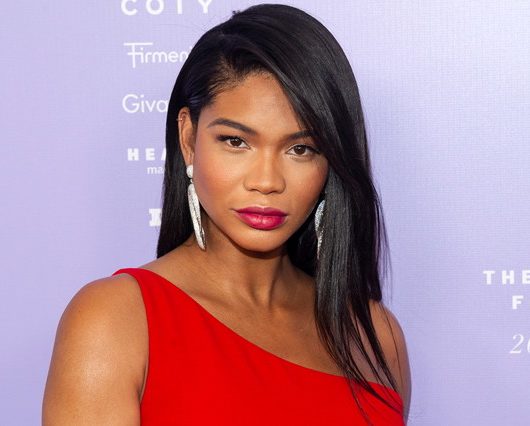Raising mixed babies in a world centered around hate and division can be quite challenging. It is usually the worry of most interracial families. It’s even harder when raising them in a society where some races are seen as inferior to others. So what should a parent of mixed kids expect during the first years of the baby’s life? Scroll on and see what Love is All Colors advices.
What it is like to raise mixed race babies
The main thing that is highlighted when it comes to raising mixed race children is the issue of identity. If not handled well by the parents, this can follow the kids even into adulthood. How do you make sure the kid doesn’t have a constant battle with trying to fit or seek refuge within a particular group and maintain and embrace his or her individuality? How do you make sure they embrace the uniqueness and benefits that come with their unique mixed cultural background?
We understand that some of the mixed kids might take on the traits of the dominant race. But this doesn’t mean that they should ignore one race over the other. So as a parent of a mixed family, you need to start this conversation early.
One thing we have to realize is that mixed babies are beautiful babies. They will always draw attention to themselves from people. That said, unfortunately, the beauty of these beautiful babies comes with some of its challenges. And they grow older and start interacting with kids of various races, they will start noticing their racial differences in their skin tones and hair texture. And that is where the battle begins… So you need to be ready to make them understand that being different is not a death sentence. Here are some of the things to expect…
Your kids will never quite fit in
Now, much as they have the advantage of cultural richness sometimes, mixed kids feel the pressure to choose one culture over the other. For instance, half black half white children might feel more comfortable around black children or vice versa. And much as they are a part of both races, there is always that divide that sometimes makes them feel that they don’t quite fit in with either race. So they might feel like outcasts.
Raising biracial children in a racist world is tough. And if a parent of, say a half white half black child is not careful, it might affect the kid’s self-worth, self-esteem and self-confidence negatively. Parents are expected not to shy away from the race topic. They should comfortably tackle any questions and issues that arise. Hiding under the phrase “color blind” won’t help your child embrace his mixed identity. It will instead confuse them more when they encounter racial discrimination. They might end up giving people passes when in reality, they should be called out for their racist actions.
People might think the baby is not yours
“Is that your son?” “Where are your parents?” “Are you the nanny?” These are some of the questions that might be hurled your way and your half white half black kids. This is because some kids of a white parent and a minority race tend to take up the white features.
It gets worse. I remember an incident that was featured on the internet when an onlooker called the cops on one man with a half black half white child accusing them of having kidnapped the child. If you are raising a biracial child alone, it can get crazy. You can get pulled over by cops and asked to prove that your kid is indeed yours. How do you prove that when the white mother or white father is not in the vicinity? It can be crazy being a mixed family.
Talk to them about race and how to identify racial discrimination in school
As a parent of mixed babies, you are expected to be blunt about race relations and discrimination. We all want to believe and hang on to the hope that the world has changed and has become better. But if your kids are to grow better, then you need to make them understand exactly how the world works.
Other babies might mock them for being different. It’s imperative to educate them on what prejudice is and how to handle such situations. This will put them an advantage as they will be better equipped to face reality.
If you are a Black parent, much as your kids don’t necessarily look like other cute black babies, this doesn’t mean that how you see them is how the world will see them. The world might still identify them as a minority race. And this makes them susceptible to discrimination.
Your mixed babies might experience discrimination from parents, teachers and their peers. Teach them to come to you whenever they feel discriminated against. And don’t brush it off with words like “They probably didn’t mean it that way” because they will start suffering in silence.
You might have to learn how to style biracial hair
As a white mother who is used to trying a ponytail on your silky, easy to style hair, you might have to take tutorials on how to style your baby’s fizzy hair to look like those of other cute black babies. You will have to learn detangling techniques and get good detangling conditioners and also have to learn how to do braids on your child as Kim Kardashian did.
You might need to go the extra mile and invest more in them
In order for mixed babies to fit in, some parents have to invest more in afterschool activities, home learning resources, and other extracurricular activities. This might seem like a disadvantage it is one of the benefits of raising biracial kids. These are parents who have embraced the fact that their kids are different. So they get them involved in things like ballet, sports and other after school clubs so that they can participate more in a group and this actually makes them excel.
It’s imperative to teach your child to embrace their biracial and multiracial identity
Taye Diggs has a book called “Mixed Me”. And he made it clear that he wanted his kid to identify as biracial. And you know the internet… He received a lot of backlash because of it.
I think parents of biracial kids have the responsibility of teaching their kids to embrace both cultures. As a parent, you need to make them proud of both sides of their cultural heritage. Teach them both histories and they will respect you for it.
At the same time, teach them unbiased views of both cultures so that they don’t grow up with the mentality that all white people are racist. As a parent make sure you don’t overexpose the divide in your cultures. Instead, expose them to the best of both worlds.
Create a household of unity. Let them know that choosing one race over the other is not an option.
Conclusion
There are more mixed babies being born. The conversation about identity is real and it needs to be put out there. Yes, initially, navigating through these issues might be experimental but you will eventually figure your way around it. They might meet a few challenges here and there but with love and positivity, they will eventually and naturally grow with self-acceptance.
Read this article about a mother who wants her biracial kids to embrace being black.
















